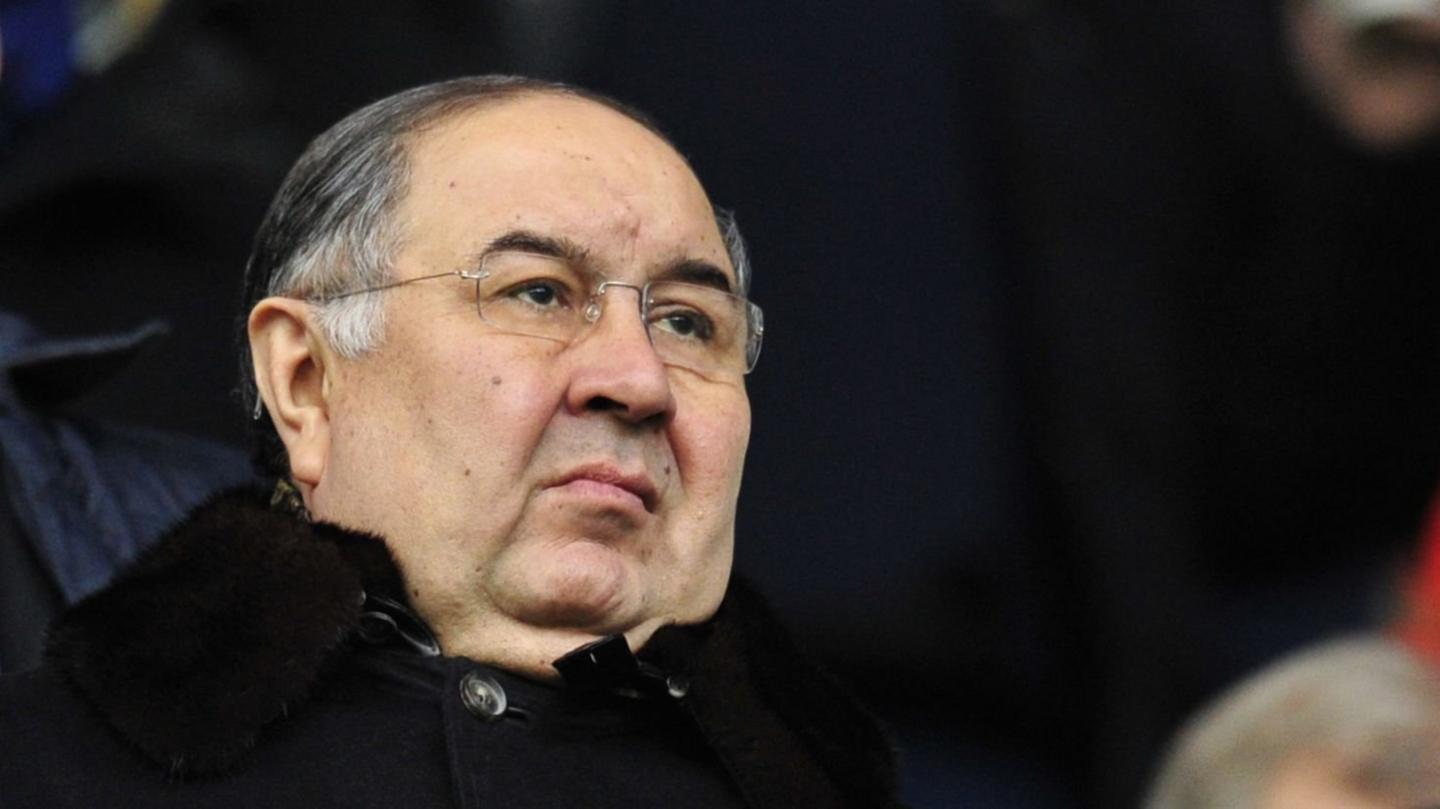Ukraine War: US officials pursuing oligarchs say no place to hide
- Published
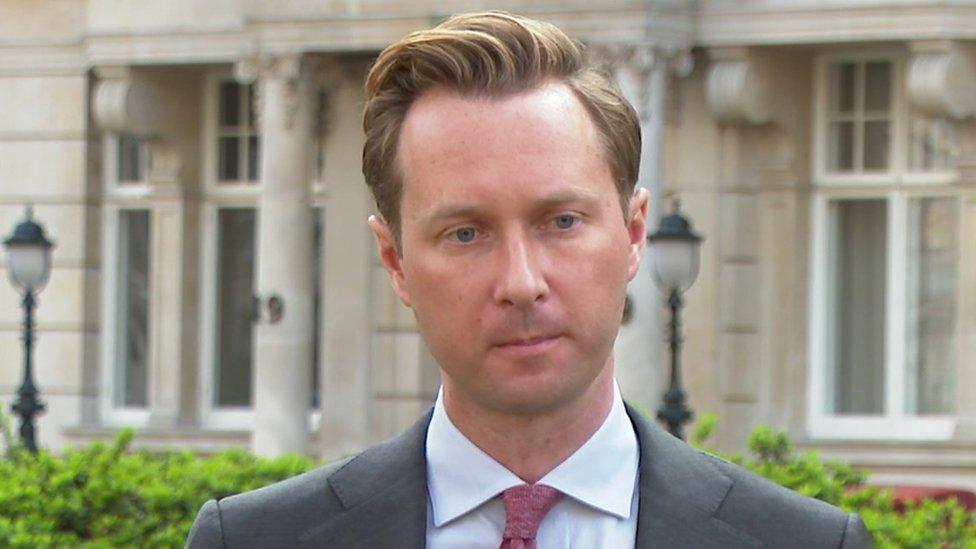
Andrew Adams said his team want to tackle Russia's ability to wage war
"There will not be a place to hide." That's the message from the head of America's new task force pursuing sanctioned Russians.
In an exclusive interview, Andrew Adams told the BBC that success would involve "disruption, discomfort, displacement" of the assets and the lifestyle of people who have supported Vladimir Putin.
The focus of Mr Adams's team - called the KleptoCapture task force - is on bringing criminal charges, and seizing assets.
He said it was not just yachts and houses that were attractive for those seeking to launder or hide money, but also artwork and cryptocurrency.
He also told the BBC his team would go after what are called the "enablers" - those who help people move and hide their money.
"That's a class of actors who are squarely within the crosshairs of this task force," Mr Adams said during a visit to London.
"We're looking at financial services companies, we're looking at real estate companies, we're looking at banks, we're looking at any number of enablers, people who wilfully assist in evading sanctions or who turn a blind eye to criminal activity, and are happy to take a fee for doing so."
Shutting of the "spigot of money" to individuals and institutions should he said, have an impact on Russia's ability to wage war and send a signal to those within Russia.
Mr Adams declined to discuss individual cases. The US, UK and European Union have targeted different individuals or moved at a different pace.
Roman Abramovich was sanctioned by Europe and the UK but not yet in the US - with some reports that this might be because of claims he could act as a go-between for the different parties in the conflict.
There have also been reports that Russians have been able to move assets around by giving them to family members and associates, but Mr Adams said his team would be working to trace those movements.
In recent years, he said, many of those targeted by sanctions had also moved into more shadowy places.
"Piercing that today is not an easy thing. But we have the tools and we have the experience in doing exactly that," Mr Adams said. "Cryptocurrency companies are not immune from the sanctions laws," he said adding that US authorities had become adept at identifying and tracing the movement of money in this way."
"Cryptocurrency may superficially present a route around sanctions. But I don't think ultimately it would be a particularly fruitful route."
London has often been accused of having a particular weakness for Russian money, but Mr Adams said it was one of a number of places that had a problem.
"Any location where there are significant, expensive assets in which to park dirty money in a system that enjoys the rule of law is attractive to people who are looking to launder massive amounts of money. That happens in London, it happens in New York, it happens in Florida."
The new task force was announced by US President Joe Biden in his State of the Union address. Housed in the Department of Justice, it draws on personnel from across the US government. Mr Adams has been a federal prosecutor in New York working on money laundering investigations and also international art fraud.
So what happens to seized yachts and artwork?
It goes through a legal process, Mr Adams explains, with a judge eventually passing it on the US government which can then sell the items. But his team does not end up keeping any themselves.
"Personally, we don't have any yachts. It's not an eat what you kill situation," he said.

War in Ukraine: More coverage
Related topics
- Published15 March 2022
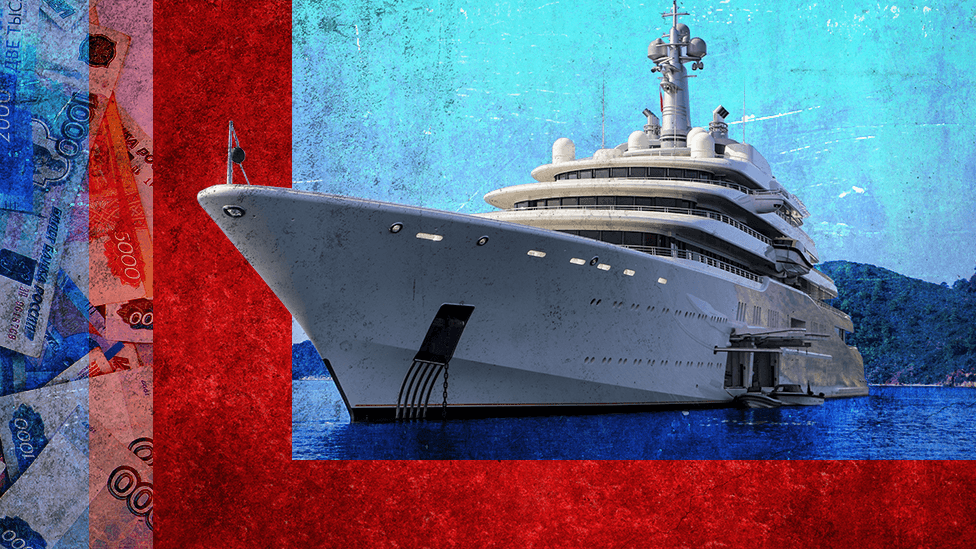
- Published2 March 2022
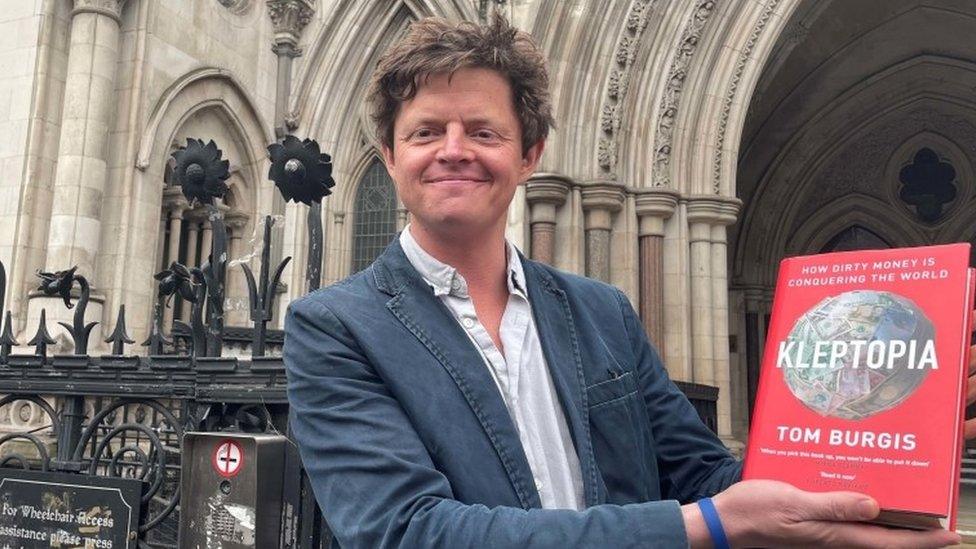
- Published6 April 2022
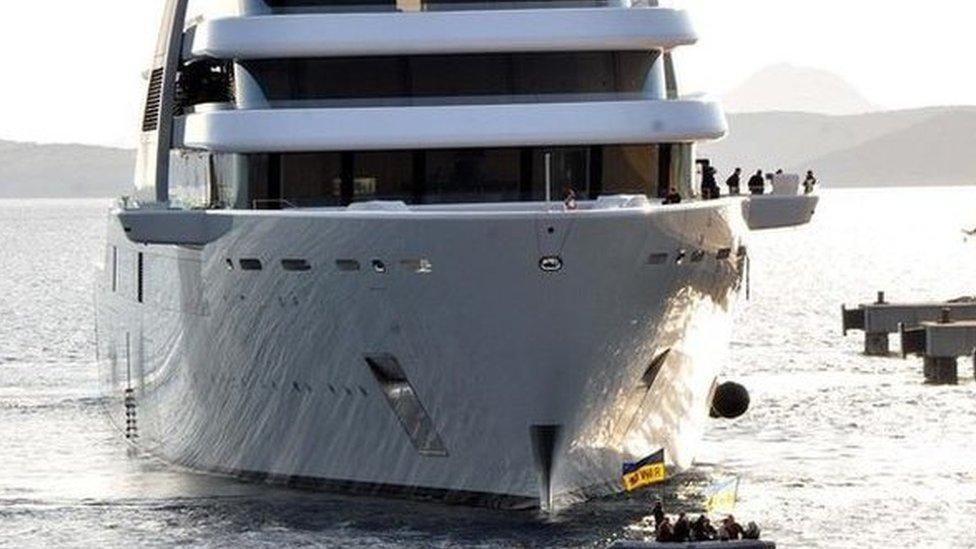
- Published22 March 2022
